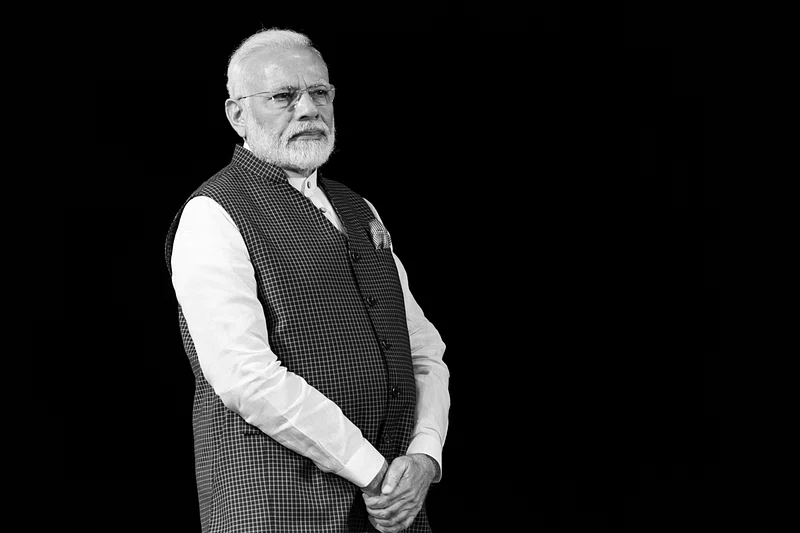
Prime Minister Narendra Modi’s speech at the AI Action Summit in Paris was a resounding endorsement of artificial intelligence’s transformative potential. Speaking alongside French President Emmanuel Macron, Modi positioned India as a key player in the global AI conversation, advocating for responsible governance, equitable access, and ethical deployment of AI. Yet, while India boasts an advanced digital infrastructure and a massive AI talent pool, the reality of AI adoption in the country remains fraught with challenges—from social stigma to regulatory uncertainty.
A Vision for AI on the Global Stage
PM Modi underscored the unprecedented scale and speed at which AI is developing and the necessity for collective international governance to mitigate risks and uphold shared values. He emphasized that AI is not merely a tool but a defining force shaping the future of humanity, impacting politics, economy, security, and society.
He highlighted AI’s ability to improve healthcare, education, and agriculture, offering a vision where technology serves as a democratizing force. He also acknowledged AI’s potential pitfalls, including biases in AI training data, job displacement concerns, and the environmental impact of energy-intensive AI models.
The Paradox of AI in India
Despite this ambitious global advocacy, AI adoption in India faces deep-rooted societal and systemic hurdles:
- AI Taboos and Skepticism: In many parts of India, the mere mention of artificial intelligence raises eyebrows. Fears of job losses, ethical dilemmas, and misinformation dominate public discourse, making AI integration into daily life an uphill battle.
- Limited Infrastructure & Compute Power: While India has built a Digital Public Infrastructure benefiting 1.4 billion people, AI’s high computational demands remain a barrier. Access to affordable compute power for startups and researchers is still evolving.
- Data Privacy & Regulation: Modi praised India’s Data Empowerment and Protection Architecture, yet data privacy laws remain in flux. Striking a balance between innovation and protection is a regulatory tightrope.
- Skilling & Reskilling Challenges: AI will inevitably disrupt traditional employment patterns, necessitating large-scale upskilling. While India boasts a large AI talent pool, widespread access to AI education is still lacking.
- Media Wariness Toward AI: Even the Indian media remains cautious in its approach to AI. Concerns about fake news, deepfakes, and misinformation have made many media outlets reluctant to embrace AI-driven tools, further fueling public skepticism. The potential of AI in journalism remains largely unexplored due to fears of credibility and ethical considerations. Additionally, the unabashed use of unreliable AI checkers in newsrooms has led to misinterpretations and flawed fact-checking, further denting trust in AI within media circles.
Bridging the Gap: India’s AI Future
Despite these challenges, PM Modi remains optimistic. He highlighted India’s strides in developing indigenous AI applications and large language models (LLMs) tailored for India’s diverse linguistic landscape. The government’s public-private partnerships aim to create an AI ecosystem that is accessible and affordable.
Moreover, India’s focus on responsible AI governance was a key takeaway from its G20 Presidency, where it championed AI for Good and for All. The next step is fostering an environment where AI adoption is not feared but embraced.
Conclusion
India stands at a crossroads in its AI journey. While the nation’s global leadership in AI governance is evident, domestic adoption remains hampered by stigma, infrastructure gaps, and regulatory uncertainty. As PM Modi continues to advocate for AI on the world stage, the real challenge lies in overcoming internal resistance and ensuring that AI benefits all Indians.
For AI to truly reshape India’s future, it must first overcome the barriers of perception and accessibility. Only then can AI move from being a taboo topic to a transformative force within the country.
